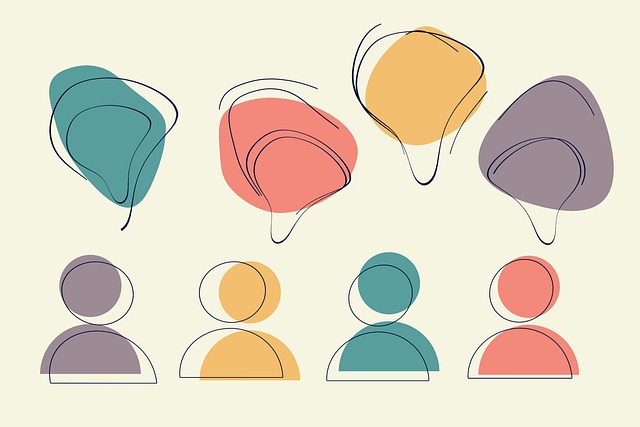AI automation for marketing automation revolutionizes marketing by boosting efficiency and personalization. Intelligent algorithms streamline tasks like data analysis, customer segmentation, and content creation, optimizing campaigns. Tools automate sales processes, predict needs, and provide personalized recommendations. AI assistants analyze data to understand customer preferences, behaviors, and needs, enhancing engagement and brand-audience relationships. Integration of AI sales tools into marketing automation sequences allows for dynamic messaging based on real-time user behavior, driving higher sales and improved business outcomes in today's digital age.
In today’s fast-paced digital landscape, boosting campaign performance quickly is paramount. Unlocking efficiency with AI automation for marketing tasks can revolutionize how you approach marketing. By leveraging personalized experiences and data-driven decisions, you can enhance customer engagement and optimize campaign strategies promptly. AI automation for marketing automation transforms traditional methods, enabling you to navigate the competitive market with agility and precision. Dive into these strategies to discover how AI is reshaping campaign success.
- Unlocking Efficiency: AI Automation for Marketing Tasks
- Personalized Experiences: Enhancing Customer Engagement
- Data-Driven Decisions: Optimizing Campaign Strategies Quickly
Unlocking Efficiency: AI Automation for Marketing Tasks

AI automation is revolutionizing the marketing landscape by unlocking unprecedented efficiency gains for businesses. Traditional marketing tasks, often manual and time-consuming, can now be streamlined with intelligent algorithms designed to handle data analysis, customer segmentation, and personalized content creation. By leveraging AI automation for marketing automation, companies can significantly enhance their campaign performance.
For instance, an ai funnel can optimize the customer journey from lead generation to conversion by automating targeted email campaigns based on user behavior and preferences. In e-commerce, automation tools can suggest personalized product recommendations, improving sales chances. Moreover, AI in sales processes can analyze vast amounts of data to predict customer needs, enabling proactive outreach and tailored marketing strategies.
Personalized Experiences: Enhancing Customer Engagement

Personalized experiences are a key aspect of modern marketing strategies, and AI automation for marketing plays a pivotal role in achieving this. By leveraging ai workflow tools, businesses can create tailored interactions with each customer, significantly enhancing engagement levels. An ai assistant can analyze vast amounts of data to understand individual preferences, behaviors, and needs, enabling the delivery of content, products, or services that resonate deeply with the user. This level of personalization not only increases the chances of conversions but also fosters a stronger, more loyal relationship between the brand and its audience.
The integration of ai sales tools into marketing automation sequences allows for dynamic and context-aware communication. For instance, an ai assistant can automatically adapt campaign messaging based on real-time user behavior, delivering relevant offers or updates at opportune moments. This not only boosts the overall performance of marketing campaigns but also ensures that every customer interaction is valuable and meaningful, ultimately driving higher sales and better business outcomes.
Data-Driven Decisions: Optimizing Campaign Strategies Quickly

In today’s digital era, marketers are increasingly turning to AI automation for marketing automation to gain a competitive edge. By leveraging data-driven insights provided by AI agents, businesses can swiftly optimize their campaign strategies and achieve better performance. AI agents analyze vast amounts of customer data, identifying patterns and trends that may otherwise go unnoticed. This allows for more precise targeting and personalized experiences, boosting engagement and conversions.
For instance, a chatbot marketing strategy powered by AI automation can quickly adapt to user behavior, offering tailored recommendations in real-time. Such dynamic adjustments enable marketers to refine their campaigns on the fly, ensuring resources are allocated effectively. As a result, businesses see quicker returns on their investments and can stay ahead of the curve in an ever-evolving market landscape.
AI automation is transforming campaign performance by streamlining marketing tasks, enhancing customer engagement through personalized experiences, and enabling data-driven decisions that optimize strategies swiftly. By embracing these advancements, marketers can unlock unprecedented efficiency, ensuring their campaigns remain competitive in today’s fast-paced digital landscape.
